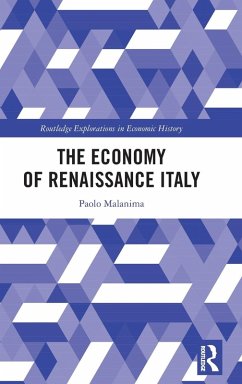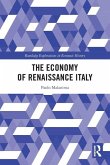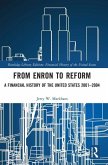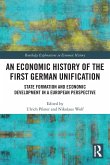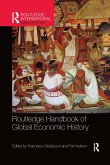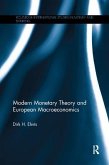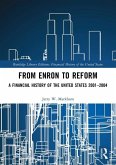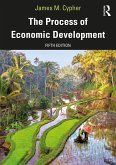Drawing on a wide range of literature and adopting a macroeconomic approach, this book provides a comprehensive overview of the Italian economy during the Renaissance, focusing on the period between 1348, the year of the Black Death, and 1630.
The Italian Renaissance played a crucial role in the formation of the modern world, with developments in culture, art, politics, philosophy, and science sitting alongside, and overlapping with, significant changes in production, forms of organization, trades, finance, agriculture, and population. Yet, it is usually argued that splendour in culture coexisted with economic depression and that the modernity of Renaissance culture coincided with an epoch of epidemics, famines, economic crisis, poverty, and destitution. This book examines both faces of the Italian economy during the Renaissance, showing that capital per worker was plentiful and productive capacity and incomes were relatively high. The endemic presence of the plague, curbing population growth, played an important role in this. It is also shown that the organization of production in industry and finance, consumerism, human capital, and mercantile rationality were the forerunners of modern-day capitalism.
This book is an invaluable resource for scholars and students of the Renaissance and Italian economic history.
The Italian Renaissance played a crucial role in the formation of the modern world, with developments in culture, art, politics, philosophy, and science sitting alongside, and overlapping with, significant changes in production, forms of organization, trades, finance, agriculture, and population. Yet, it is usually argued that splendour in culture coexisted with economic depression and that the modernity of Renaissance culture coincided with an epoch of epidemics, famines, economic crisis, poverty, and destitution. This book examines both faces of the Italian economy during the Renaissance, showing that capital per worker was plentiful and productive capacity and incomes were relatively high. The endemic presence of the plague, curbing population growth, played an important role in this. It is also shown that the organization of production in industry and finance, consumerism, human capital, and mercantile rationality were the forerunners of modern-day capitalism.
This book is an invaluable resource for scholars and students of the Renaissance and Italian economic history.

